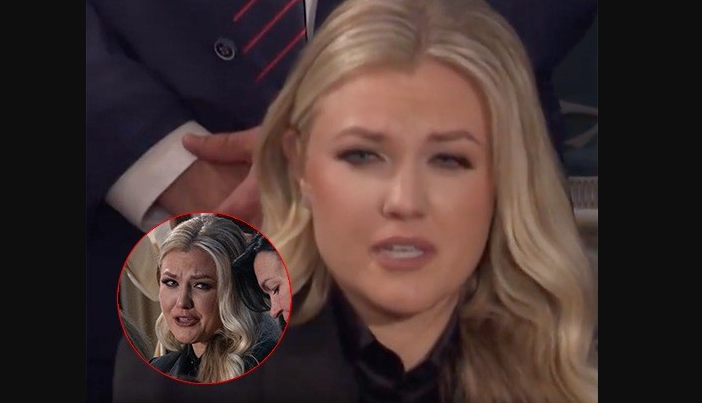When Daniel and Claire exchanged vows, they envisioned a shared path forward—one child, a secure home, and mutual responsibilities. Daniel dedicated long hours to his work to provide for the family, while Claire poured her energy into raising their son. Their life felt balanced and fulfilling, or so Daniel believed. Over time, Claire began sharing her desire for another child, but Daniel felt their resources were already stretched. They discussed it often, and his stance remained clear: the timing wasn’t right.
Months went by, and their routine seemed unchanged. Then one evening, Claire shared unexpected news—she was pregnant again. Daniel was taken aback. They hadn’t planned for another child. Claire then revealed she had quietly chosen to stop using birth control, confident that Daniel would eventually embrace the idea. Daniel stood in silence. Trust, a value he held dear, suddenly felt uncertain.
As time passed, their discussions grew strained. During one conversation about their future, Claire made a comment that struck him deeply. She casually said, “Once the baby arrives, you’ll handle everything—I’ll focus on my own needs.” It wasn’t the pregnancy that stung; it was the sense that their partnership had shifted without mutual agreement. Daniel realized their dreams for the future no longer aligned.
Daniel took time to reflect, carefully considering their shared history. After much thought, he decided to step away from the marriage with dignity and openness, understanding that remaining in a relationship where trust had faltered would only lead to further challenges for both. Though the choice was difficult, it marked a turning point—a lesson that love flourishes through open communication, not unspoken assumptions, and that trust remains the cornerstone of any family.






